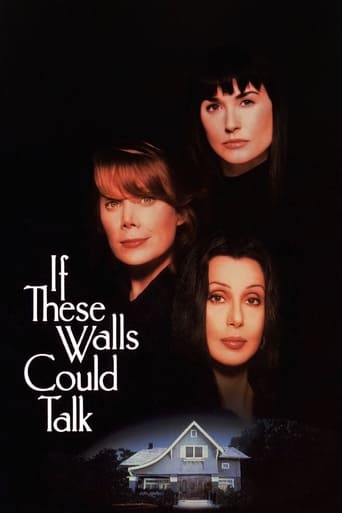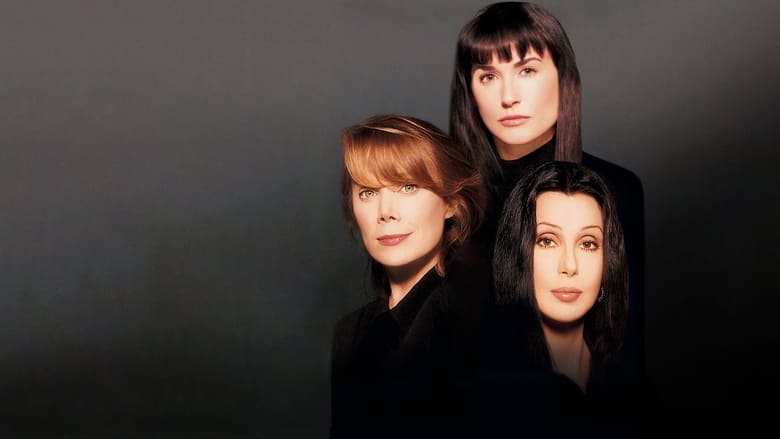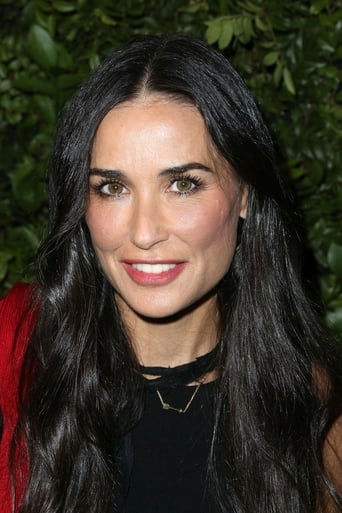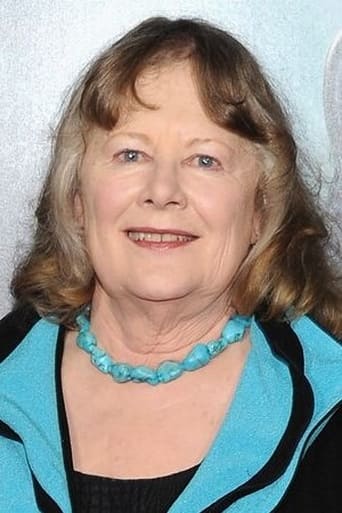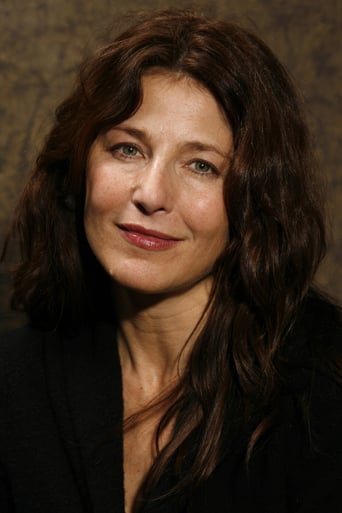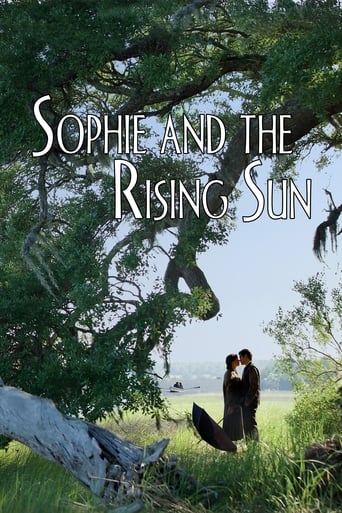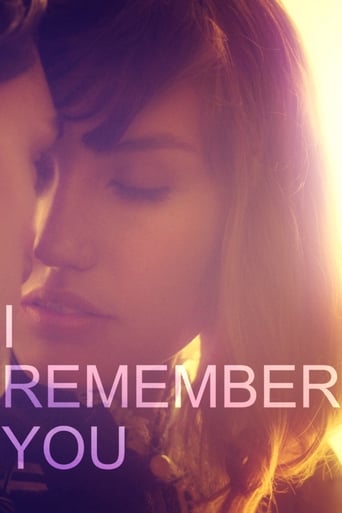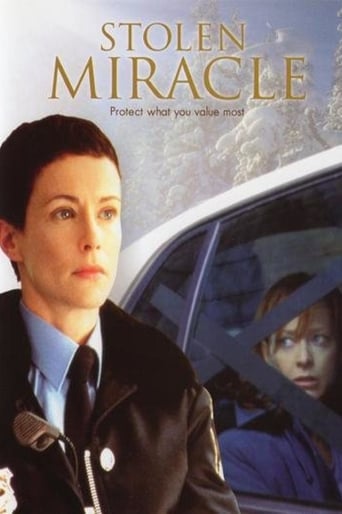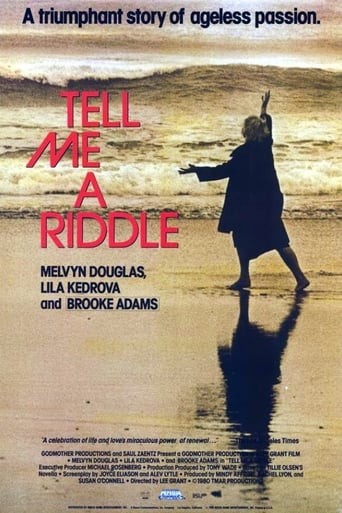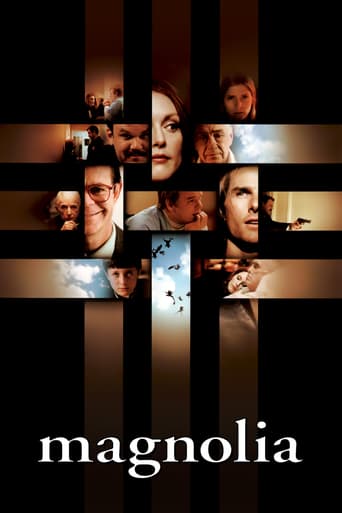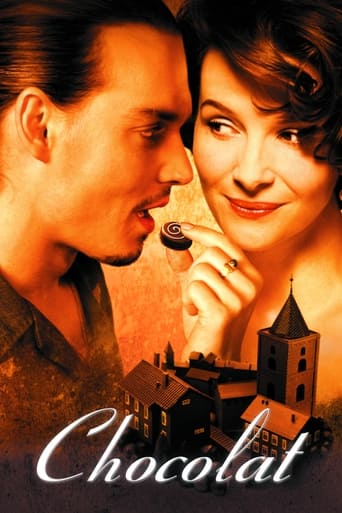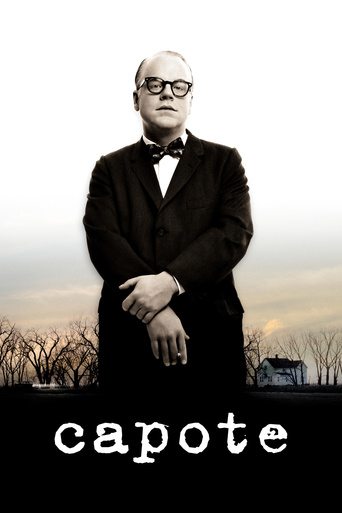If These Walls Could Talk (1996)
A powerful, intimate portrait of three women living in the same house during different eras who all face unplanned pregnancies. The vignettes follow a recently widowed nurse struggling to take control of her life in the early 50s, a mother of four balancing raising a family and maintaining a career in the 70s, and a student making a difficult decision with the help of one woman that will change the course of both their lives in the 90s.
Watch Trailer
Cast


Similar titles
Reviews
Too much of everything
While it doesn't offer any answers, it both thrills and makes you think.
It's the kind of movie you'll want to see a second time with someone who hasn't seen it yet, to remember what it was like to watch it for the first time.
The story, direction, characters, and writing/dialogue is akin to taking a tranquilizer shot to the neck, but everything else was so well done.
If These Walls Could Talk (1996)Three half hour movies with three distinct casts (each featuring a superstar) and each tied together by occurring in the same house, each twenty years apart. In each episode, a woman needs an abortion, and with great realism and sometimes great drama, they deal with the problem in terms of the era they were born into. The first is the best, and features Demi Moore as a woman in 1952, when abortion is not only illegal but utterly shameful to consider for most people. But Moore's character is a sympathetic one, and if you feel she should "just have the baby" as some in the movie do, she could only do so at great sacrifice (if losing your job, your friends, and your current life by having a baby and giving it away is a sacrifice). She eventually tries to get a fly-by-night provider.The second episode is also really strong, and has a vivid, realistic depiction of a 1974 household. This is when abortion has been made emphatically legal by Roe v. Wade, and so the mother of four played by Sissy Spacek finds herself pregnant. The issue then becomes whether or not have a legal abortion. Her husband and others (including a feminist teenage daughter) advise and pressure her. It's now become a legitimate "choice" in the true "pro choice" sense of the word.The third episode is a dud. That's not to say it's dull. But the first two segments were filled with internal, intimate dilemmas and decisions. They depict contemporary life and make real the problem women faced in those terms. Here the "family" is a pair of college-aged roommates, one of who can't act. The other is pregnant and goes to the local woman's clinic to check it out (and possibly have the procedure). Outside are some protesters. So far so good—this is the more recent 1996 reality, and it fills out the set. But the mood shifts to politics and social circumstance, and to sensation. Furthermore, the star actress is not the one who is pregnant, but the clinic doctor, played by Cher (who also co-directed this segment). It seems far too gratuitous, and since it comes at the end of the movie, it undermines the subtle power of the first two thirds.Still, overall, director/writer Nancy Savoca deserves a bow. She takes on a tough issue and more or less tells it like it is. Her stance is clear—she's for women's rights, and not sympathetic to the protesters and naysayers—but she deals with both sides fairly. (I'm sure an anti-choice viewer might disagree here.) And Demi Moore gets credit for pushing the whole idea for years beforehand. The usual studios wouldn't touch it with a ten foot pole, and it took a youthful HBO to give it a run.The movie taken whole is, in a way, pro life. That is, it's for what is "best" in the normal sense, the same sense that my mother was pro choice and chose to have me.
I find it bizarre that the comments on this film seem to think that the movie is pro-choice. In the first part the protagonist (Demi Moore) dies of a botched abortion. In the second part, the protagonist (Sissy Spacek) decides not to have an abortion. And in the third part, the protagonist (Anne Heche) is in the middle of having an abortion when her doctor is shot. Slightly traumatic. In fact the impression I get from the movie is that the two protagonists that decide to have an abortion are punished.Still, I guess if others have got a pro-abortion message and I got an anti-abortion message (yes I use pro-abortion and anti-abortion deliberately... let's call a spade a spade), then I think it's a movie well made. To be able to illustrate the dichotomy and confusion of any woman attempting to make a decision about this, and for viewers to take home different messages from it, would indicate that it's a job well-done.The movie is confronting, and disturbing.
When I started to watch the movie, I assumed it would be very heavily slanted toward pro-choice. Hollywood has a tendancy to be incredibly liberal. However I was pleasantly suprised that, while certainly biased toward pro-choice, it was much more moderate than I expected. It showed "reasonable" pro-life protesters (in the 1994 segment) that were neither insane nor violent. The movie took the issue very seriously and looked at both sides. Still pretty biased, but not unreasonably so.
I just watched this movie in my Women and Feminism class and at first I was surprised why the teacher would choose such a disturbing movie to be presented to a room full of teenagers. I understand the teacher's argument would probably be that those teenagers are most likely sexually active and therefore need to be informed of what the reality is really like but I know the very graphic scenes can instantly make an average person to stay or become pro-life and I guess that would be missing the point the film was trying to accomplish. I also think the film is saturated with way too many cliches and was desperately trying to fight off the stereotypes. The first one that automatically pops into my head is the character of Jada Pinkett who is black and very much pro-life. It's one to make her character such an advocate of life when statistically speaking most blacks than whites are getting abortions in this country (purely economic reason I suppose) but to make her Ann Heche's best friend was just too politically correct for me. Why not just make Jada Pinkett the pregnant one, wouldn't that be more true to what the stats indicate? Why being so PC?Another one, Sissy Spacek is 40 something and decides not to get an abortion. What a cliche! Do only teens and nuns get abortions? I think the makers of this movie should have handled such delicate subject more carefully by not offering so many cliches. A young student gets pregnant by having an affair with a married man, a young girl gets pregnant by a one night stand, a middle aged mother can handle another baby... Why didn't they mentioned pregnancy as a result of child abuse and / or rape? I just think the stories could have been a lot more interesting. Why so much of an hype at the end? We all know not every doctor performing abortions gets shot. It happens rarely. Why include that in the movie? One thing for sure, every man should see this movie at least one and then be forced to talk about his feelings on it.

